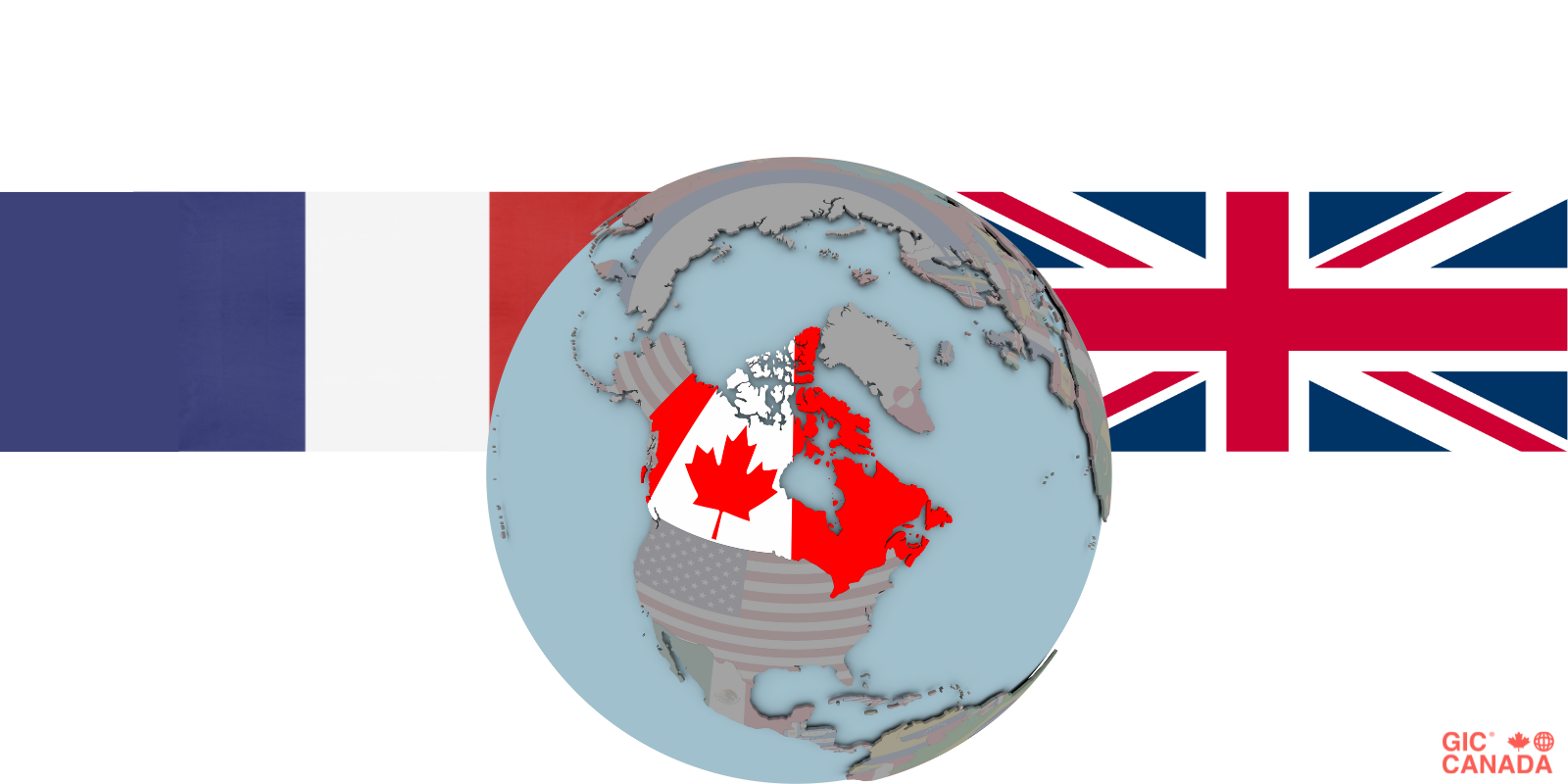Amanda Ryan, who lives in New Brunswick, had her own cleaning business until last year, when she decided to become a realtor.
“I had a cleaning business for a long time, and my body was starting to feel the effects of constant cleaning,” says Ryan, a mother of two.
A year after changing careers, Ryan says the work has proven challenging, but enjoyable. And more rewarding.
Such career changes come amid a tightening labor market, which leads to shortages in the industries that workers have left. Overall, Canada’s unemployment rate remains at 4.9 percent, the lowest since 1970.
Examination of the data also shows long-term changes in the country’s labor market, caused by demographic shifts that have occurred over the decades. The data show a sharp shift toward certain sectors, such as government, educational services and real estate, and away from others, such as catering, agriculture and construction.
Labor economist Fabian Lange of McGill University in Montreal says many workers seem to be moving up the “job ladder” toward industries with better compensation and benefits, a phenomenon he is now documenting in the U.S.
Amid such a tight labor market, offered hourly wages have risen substantially in some sectors, such as technical and information services, while in other areas, such as manufacturing, food service and retail, they continue to lag.







